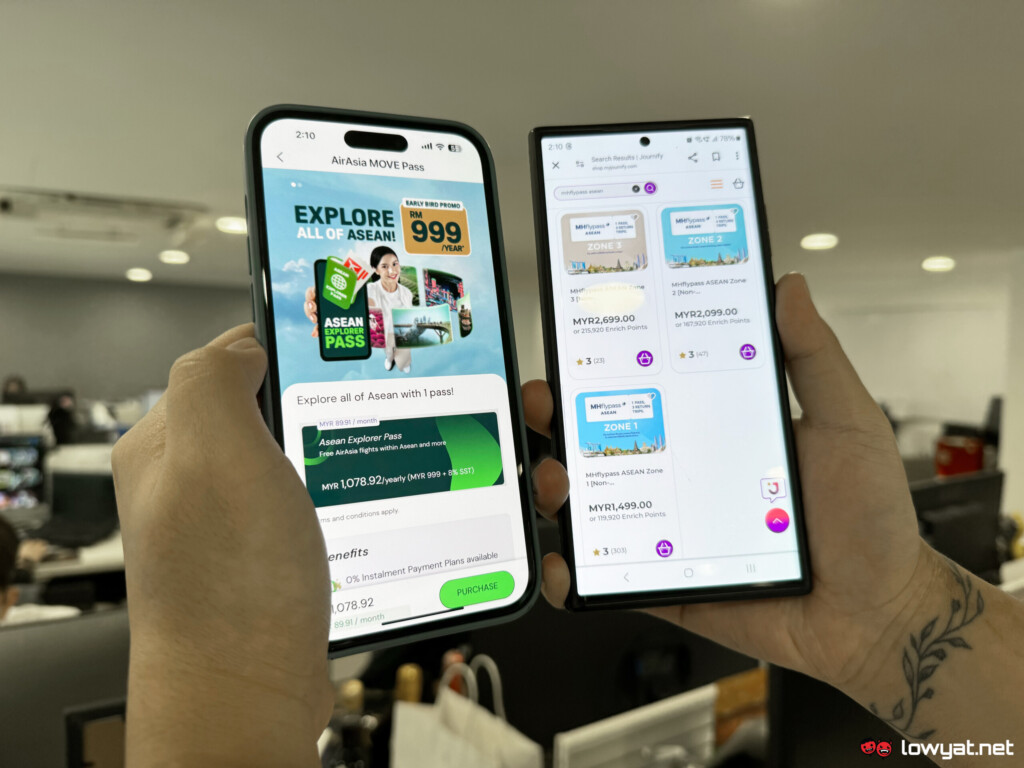‘Press Play’ Review: Turning Back the Clock Through Music Doesn’t Bring Back That Lovin’ Feelin’
Songs can be like time capsules, messages from the past that conjure powerful images and emotions, transporting us back to milestones in our lives with a signature sound. For the heroine at the heart of “Press Play,” the curated collection of songs on a very special mixtape are a literal transportive device, a time warp that rewinds back to when the love of her life was alive and well. Like the songs that fill its soundtrack, Greg Björkman’s directorial debut has a catchy hook and atmospheric pull — yet the material leaves far too much underdeveloped, unrealized and incohesive to connect with viewers’ heads and hearts.
Laura (Clara Rugaard) spends her days on the beaches of Oahu, capturing the spirit of the island with her paintbrush in the hope of turning her artistic talent into a viable career. She’s so focused on this goal that it takes a whiny push by her bestie Chloe (Lyrica Okano) to set her up on a date, making her realize she’s failed to pursue a life outside the borders of her canvases. Still reticent, she is dragged to their local record store where she finally takes a chance on Chloe’s stepbrother Harrison (Lewis Pullman). He’s sweet, introspective, a bit bashful and values the ritual of manually flipping tapes and LPs over to start anew — not only an obvious metaphor in a film that trades in them, but clunky foreshadowing too.
The pair fall head over heels quickly, experiencing a series of important firsts — kiss, dance, argument, saying “I love you” — all demarcated by songs Harrison collects onto a cassette tape. They also sort through obstacles, dealing with Harrison deferring his career plans to support Laura in hers. But after chooses to stay, he is tragically killed in an accident, leaving Laura heartbroken. Not until four years later does their mixtape find her again, alone and aimless. As she pops in her earbuds and presses play on the tape, she’s physically transported back to the concert where she and Harrison first canoodled. Laura seizes the moment to warn him of his impending death — but it doesn’t work. She soon figures out she has a finite number of chances left to save her lost love, forcing her to weigh heavy decisions carefully.
Working from a story by Josh Boone (“The Fault in Our Stars”), Björkman and co-writer James Bachelor make a slew of rookie mistakes within the narrative. It’s wholly unnecessary to begin in medias res when the premise hooks us without this cheap gimmick to add audience intrigue. They are also so focused on adhering to the rules of the universe and excusing the space-time continuum that they neglect to balance the scales, giving characters outside of their guiding protagonist a sense of internality to go along with pressing external stakes. This comes to the detriment to conjuring romance in the first act, as well as developing character conflict later on.
Laura and Chloe’s friendship is especially undercooked, leading to many unresolved issues conveniently tied up and rendered meaningless by a hollow, frustrating ending. Laura’s arc and her journey with Harrison likewise suffer from a nonsensical resolution. As Harrison’s boss — a man who, in another anvil-subtle metaphor, loves to fix broken things — Danny Glover is wasted, though Rugaard, Pullman and Okano elevate muddled material with their appealing work.
Music supervisors Leah Harrison and Season Kent have fashioned a playlist (from songs by Japanese Breakfast, Father John Misty and Dayglow) that will guide many a teenage daydream — yet the songs are often relegated to the background of scenes, incorporated with too light a hand. Still, Björkman shows directorial promise: His grasp of tone is assured, effortlessly blending broad comedy and melodrama, and he demonstrates some visual dexterity. Abetted by DP Luca Del Puppo and production designer Dan Butts, he makes the most of gorgeous island locales, allowing nature to elevate the picture with beautiful sunsets and lapping ocean waves.
While the filmmakers’ sentiments surrounding grief, loss and resilience are felt in the margins, their overall commentary about love is confounding and clichéd rather than clever or heartrending. “Press Play’s” belief in fate but not destiny runs counter to its big ideas, leaving the film fairly rote. Thematically, it feels like we’ve heard this song before.









![[VIDEO] Gelagat Che Ta Tunggu Aaisyah Bersiap Cetus Perhatian Ramai!-“Tengok Penampilan, Tercampaklah Mak Hang!” [VIDEO] Gelagat Che Ta Tunggu Aaisyah Bersiap Cetus Perhatian Ramai!-“Tengok Penampilan, Tercampaklah Mak Hang!”](https://i0.wp.com/murai.my/wp-content/uploads/2024/04/25DCA8CF-C629-4DCA-8597-2CA8819D9297.jpg?resize=150%2C150&ssl=1)














![[VIDEO] Reaksi Tunku Azizah Sambut Birthday Anakanda Tengku Puteri Jihan, Raih Perhatian Ramai! [VIDEO] Reaksi Tunku Azizah Sambut Birthday Anakanda Tengku Puteri Jihan, Raih Perhatian Ramai!](https://i0.wp.com/murai.my/wp-content/uploads/2024/04/Untitled-design-27.jpg?fit=300%2C300&ssl=1)










![[VIDEO] Nadhir Nasar Sambut Birthday Tengku Ameera Cetus Perhatian Ramai”- Nak Kena Bersaing Dengan Kerabat Pulak, Hmm” [VIDEO] Nadhir Nasar Sambut Birthday Tengku Ameera Cetus Perhatian Ramai”- Nak Kena Bersaing Dengan Kerabat Pulak, Hmm”](https://i0.wp.com/murai.my/wp-content/uploads/2024/04/D3415DF6-2464-4794-880F-841EB898C969.jpg?w=768&ssl=1)































